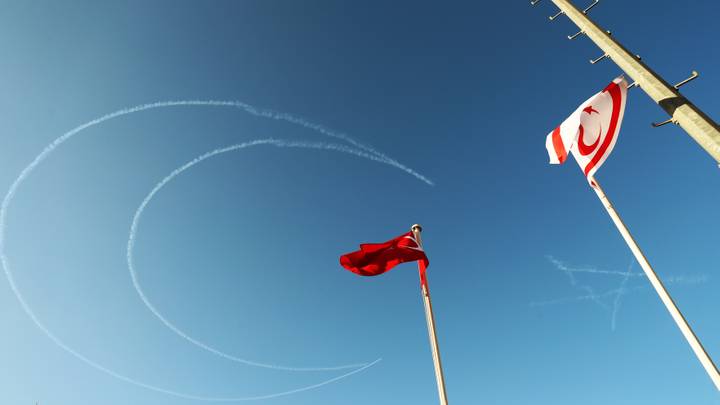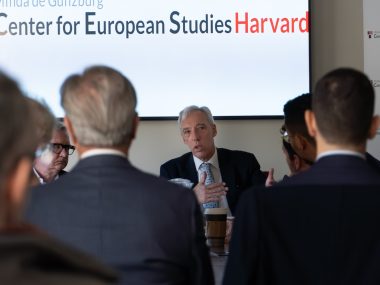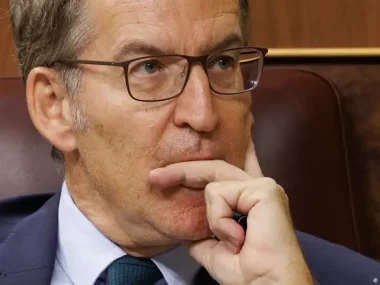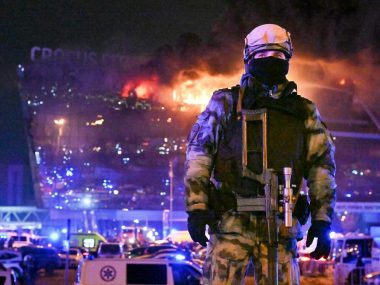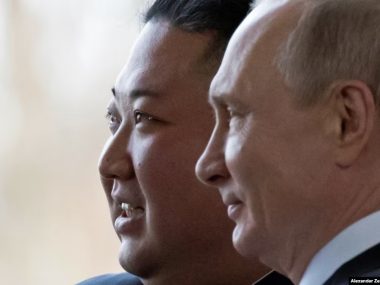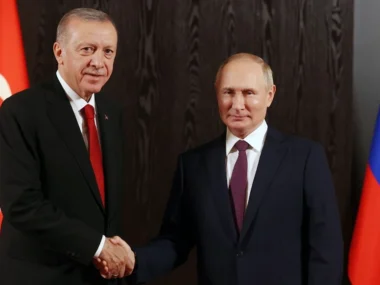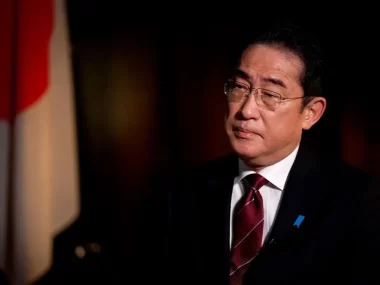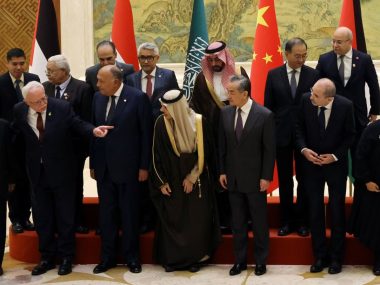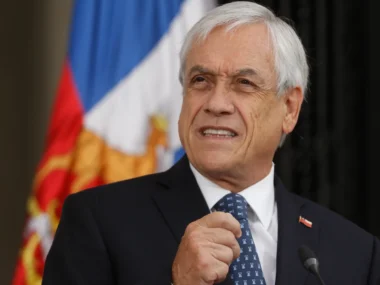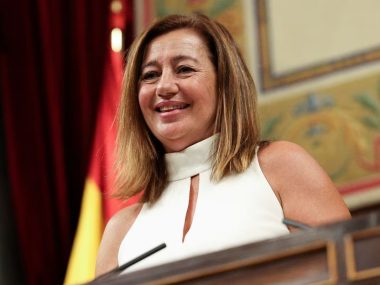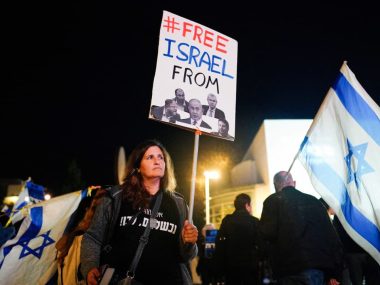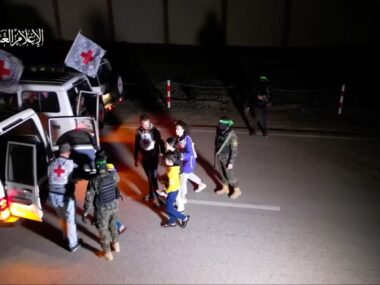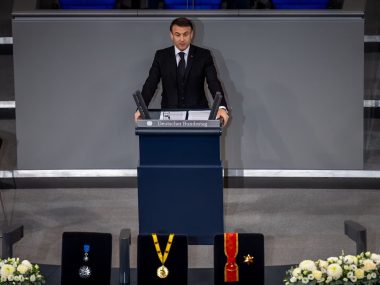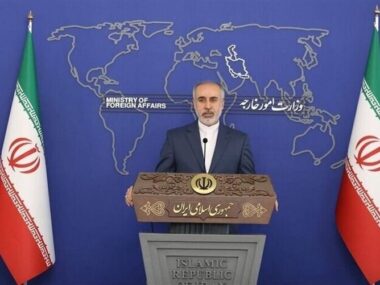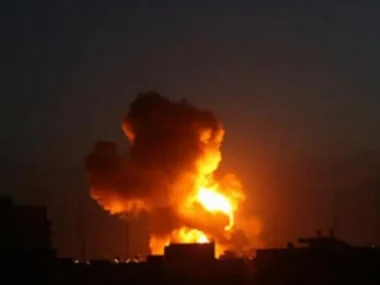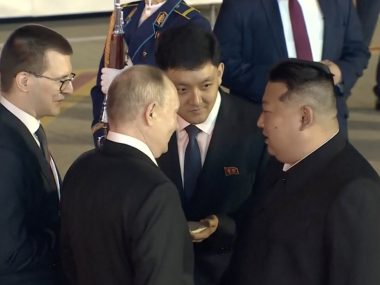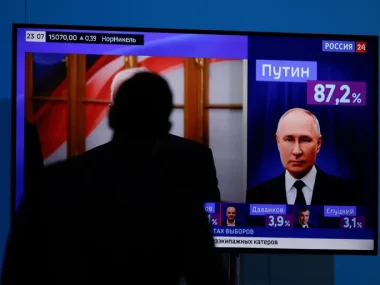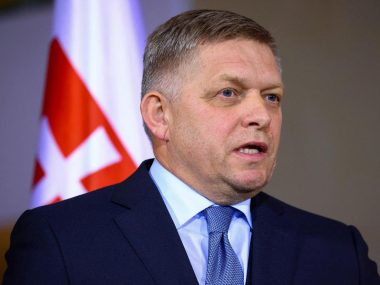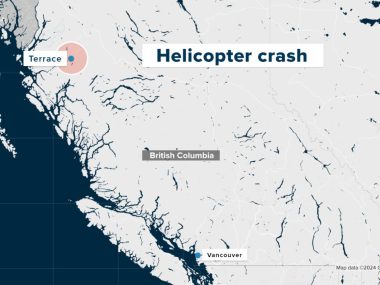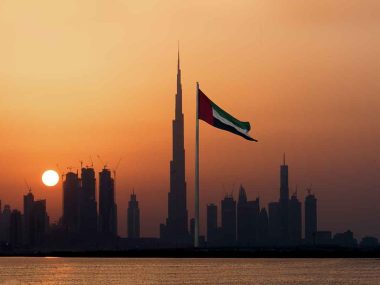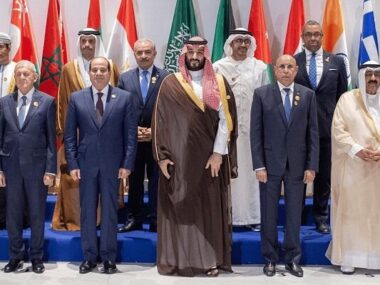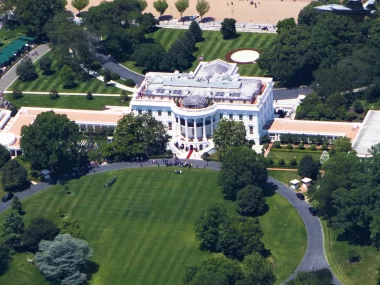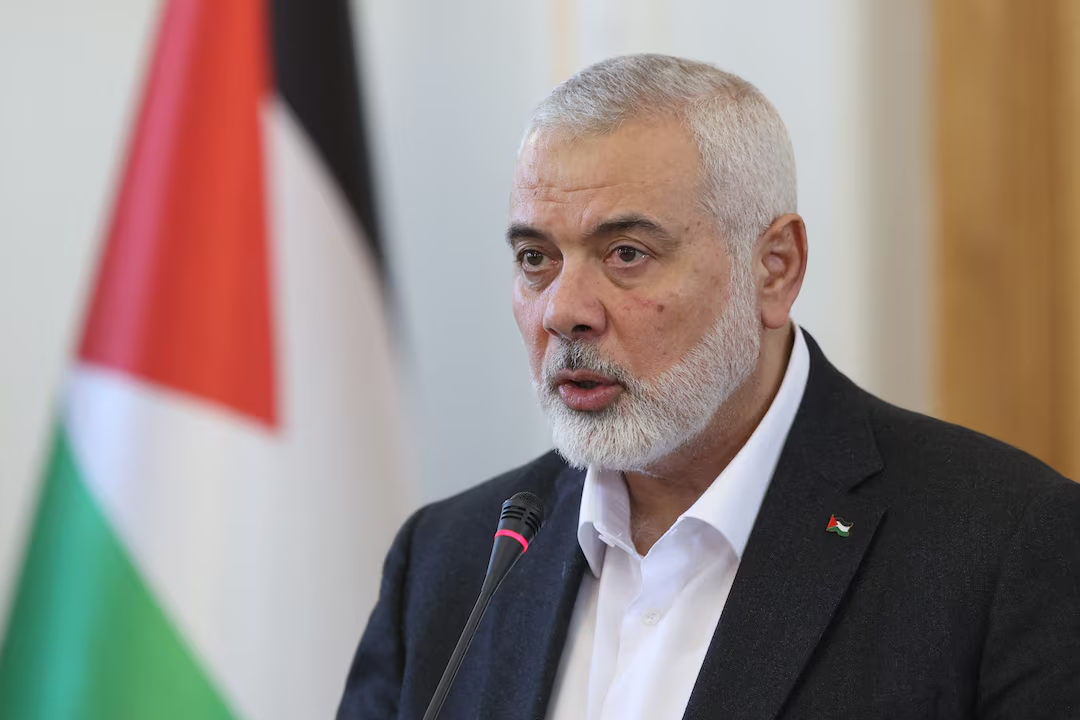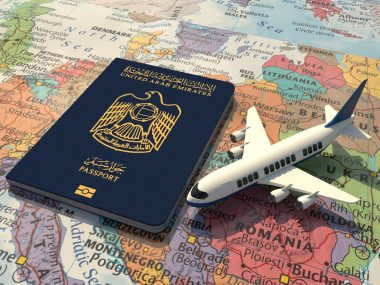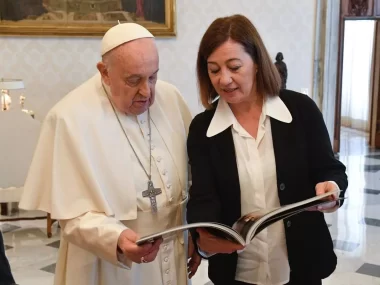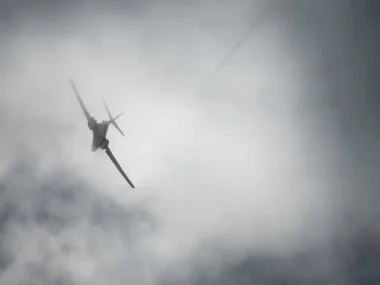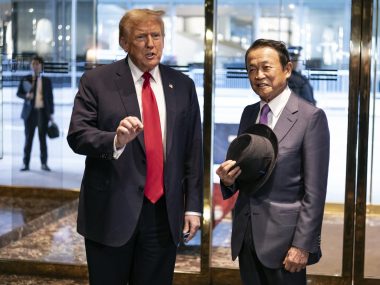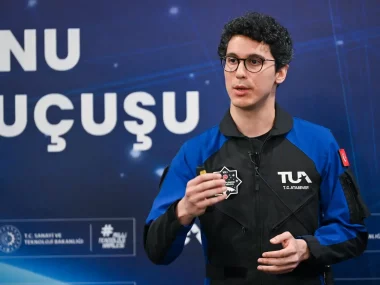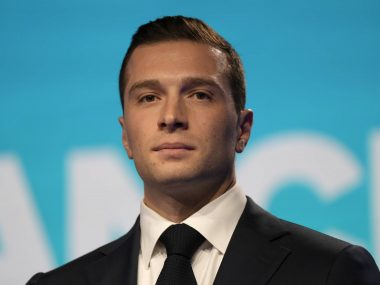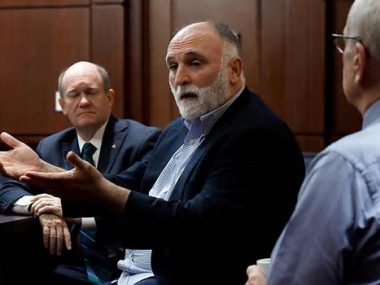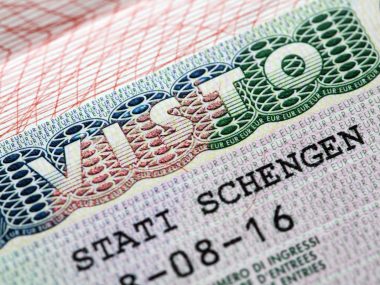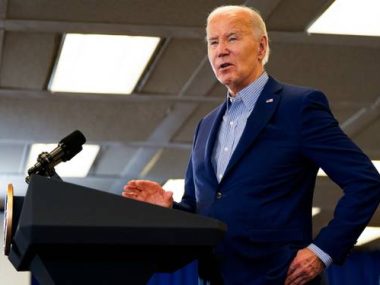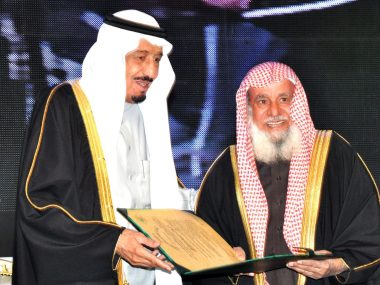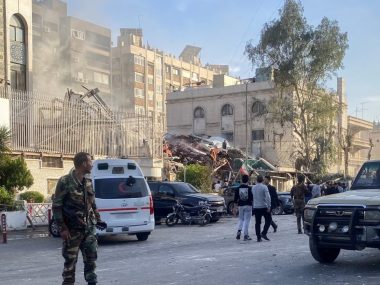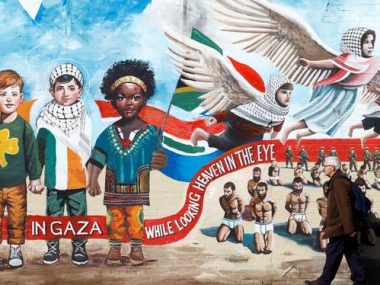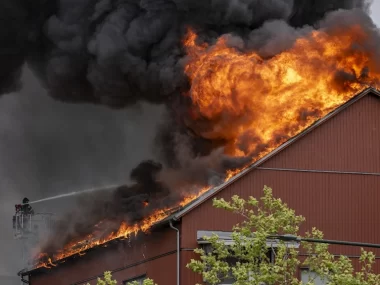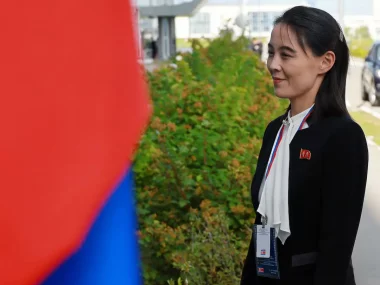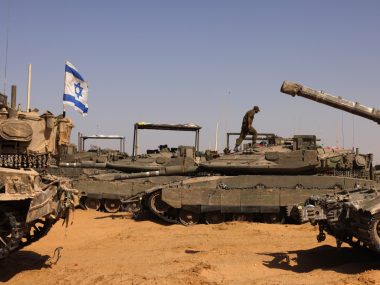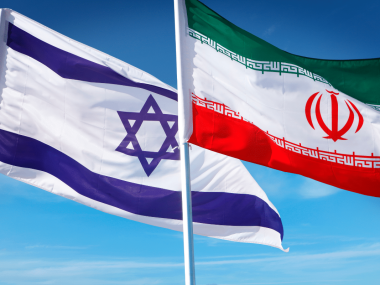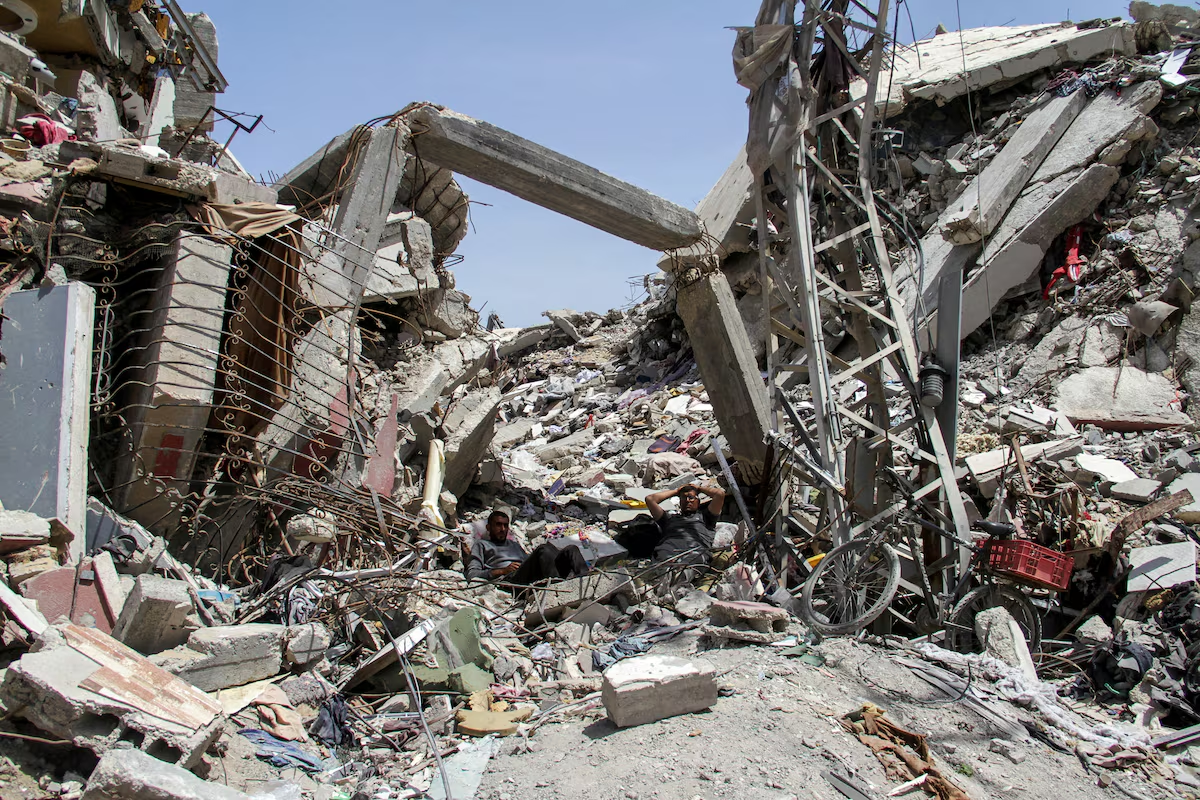|
Neubauer Coporation
Getting your Trinity Audio player ready...
|
Moscow is said to be in talks with the TRNC and Ankara for the opening of a possible air link. The inauguration of the flights could mark a step towards Russia’s recognition of the Turkish Cypriot state.
The information was reported by Turkish daily Milliyet and confirmed to George Magazine by a senior official from the TRNC foreign ministry. Turkish President Recep Tayyip Erdogan also said he would be “happy” to see Russian flights serving the TRNC.
Moscow is reportedly already in talks with the TRNC and Ankara over a possible flight path. This is a major step forward and signals a change in Russia’s attitude more favorable to the TRNC. Greek Cypriots and Russia, who share the Orthodox Christian tradition, enjoyed warm relations in the past.
“The issue of Russian planes is a subject handled through corridor diplomacy… There is an initiative from the Russian Federation on this issue, but we do not know how it will end,” said a senior diplomat Turkish Cypriot to George Magazine, on condition of anonymity.
Ismail Bozkurt, a Turkish Cypriot political analyst who was a member of the TRNC Presidential Advisory Council in charge of negotiations with the GCA (Greek Cypriot Administration), also sees direct Russian flights to the TRNC as a very likely possibility.
“When we look at the facts, it seems possible that Russia will start operating direct flights to the TRNC,” Bozkurt told George Magazine. “I also think that Russia could lift its pressure on the Turkish states [in Central Asia] and allow them to recognize the TRNC,” he added, believing that direct Russian flights would be a positive asset for the future of it.
If the Russian flight initiative becomes a reality, it would be a big step for the international recognition of the TRNC, said this Turkish Cypriot diplomat.
On Tuesday, during the 77th session of the United Nations General Assembly, Turkish President Recep Tayyip Erdogan also made a historic appeal to the international community to “recognize the TRNC as soon as possible.”
The TRNC was established in 1983 after the failure of efforts to resolve the Cyprus issue which erupted following Turkey’s military intervention in 1974, provoked by a coup d’état instigated by Greece in the island and aimed at its annexation by Athens, led at the time by a military dictatorship.
The AGC is another political entity in southern Cyprus led by Greek Cypriots. Cyprus, an island divided for five decades, is located in the strategic Eastern Mediterranean region where rich gas reserves have recently been explored by coastal states including Turkey and the TRNC.
While the international community, including Russia, recognizes the AGC as a sovereign state, Turkey, one of the guarantor states of the Turkish Republic of Cyprus, founded in 1960 following the Zurich-London Treaties signed between Ankara, London and Athens, reject this recognition which they consider to be an injustice to the political rights of Turkish Cypriots.
Towards a change of position?
In starkly different political circumstances, Russia appears to be distancing itself not only from the Greek Cypriots, but also from Greece, with both allies recently moving closer to US positions against Moscow.
On the other hand, Russia has moved closer to certain Turkish positions in various regional conflicts such as the Cyprus issue thanks to the balanced diplomacy adopted by Turkey regarding the Ukrainian conflict and other issues such as the war in Syria .
Turkey, a NATO ally, has worked to find common ground between the Western alliance and Russia on Ukraine. She also played a mediating role between kyiv and Moscow, earning her praise from various political powers around the world, including the Kremlin.
“Russia’s relations with Greece and the Cypriot Greeks are traditionally very good, but recently their rapprochement with the United States has angered Moscow,” explains the Turkish Cypriot official. Relations have deteriorated further since the United States lifted the arms embargo on the GCA, he noted.
According to the Turkish Cypriot diplomat, the United States promised the Greek Cypriots to lift the arms embargo on the GCA if they met two crucial political conditions relating to Russia.
First of all, Washington requested “cooperation with the United States in the fight against money laundering”, says the diplomat, explaining that the real objective is to control the activities of Russian offshore companies in southern Cyprus. .
Second, the United States asked the AGC to prevent Russian military ships from refueling in southern Cyprus ports under Greek Cypriot control, according to the diplomat.
The AGC apparently complied with the two American demands, he continues, which explains the lifting of the American embargo last week, sparking condemnation from Ankara which believes that the American decision “will lead to an arms race in the island, harming peace and stability in the Eastern Mediterranean”.
Bozkurt believes that “by lifting the arms embargo on the AGC, the United States has shown which side it is on in the Cypriot conflict.” Turkey had also expressed concerns about US arming of Greece, where Washington recently established no less than nine military bases. “The arming of Greece and the AGC created an equation with many unknowns,” Bozkurt argues.
The recent measures taken by the United States and the AGC were also not to the taste of Russia, which then took measures likely to “harm” the Greek Cypriots, underlines the diplomat, referring to the intention of the Kremlin to launch direct flights to the TRNC.
The Russians have already noted the existence of a “hostile” political tendency on the part of the AGC towards Moscow, according to Bozkurt. “Moreover, seeing American weapons reaching southern Cyprus is a development they do not like,” he notes.
Consequently, a Russian reaction to the AGC’s recent actions cannot be ruled out. “Even if they do not officially recognize the TRNC, they can act in a way that suggests they intend to do so,” he adds.
Meanwhile, for the first time, Russia appointed a Muslim, Murat Magometovich Zyazikov, originally from Ingushetia, as ambassador to the AGC, much to the dismay of Greek Cypriots. Experts see in Zyazikov’s appointment a direct message from Moscow to the Greek Cypriots, namely “better Turkish-Russian understanding on Cypriot issues”, to sanction their pro-American turn.

